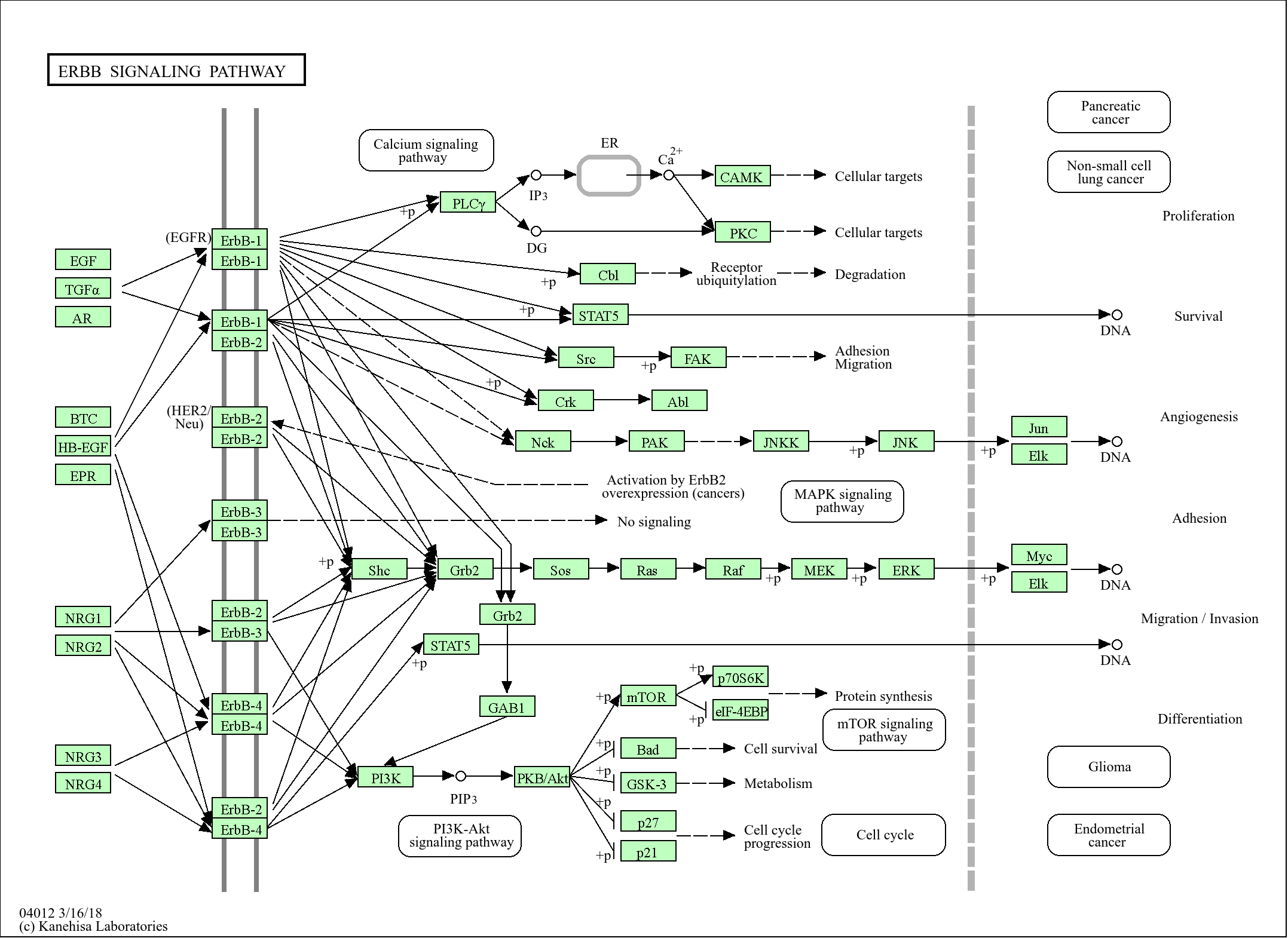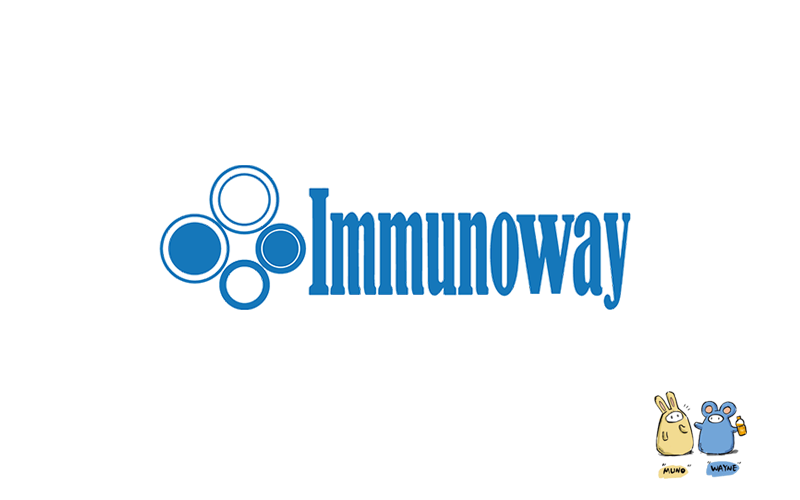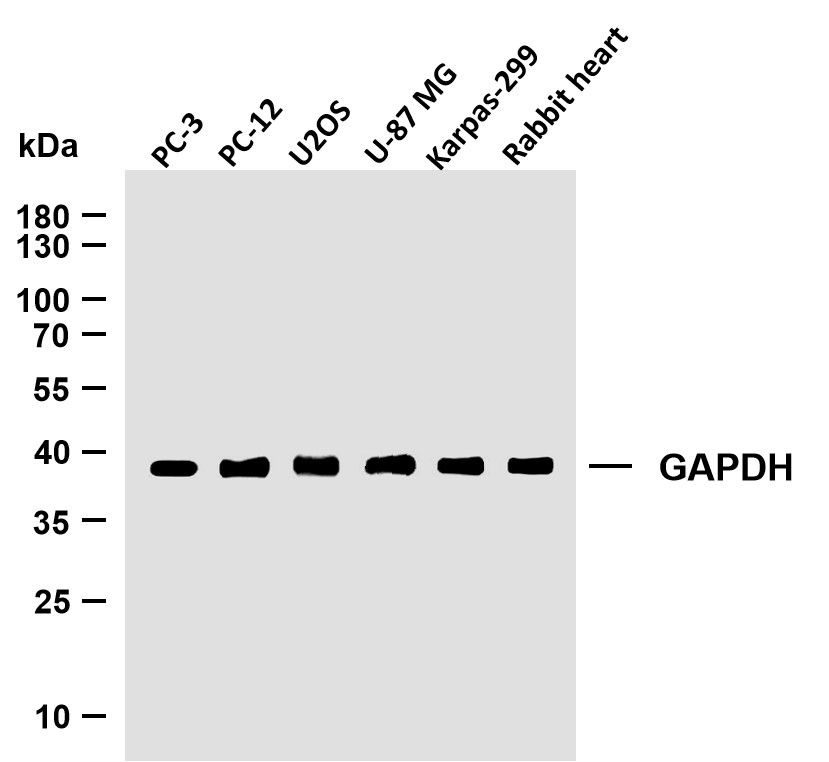
Catalog: YN2207
Size
Price
Status
Qty.
200μL
$450.00
In stock
0
100μL
$280.00
In stock
0
40μL
$150.00
In stock
0
Add to cart


Collected


Collect
Main Information
Target
IL23R
Host Species
Rabbit
Reactivity
Human, Mouse
Applications
WB, ELISA
MW
69kD (Observed)
Conjugate/Modification
Unmodified
Detailed Information
Recommended Dilution Ratio
WB 1:500-2000; ELISA 1:5000-20000
Formulation
Liquid in PBS containing 50% glycerol,0.5% BSA and 0.02% sodium azide.
Specificity
IL23R Polyclonal Antibody detects endogenous levels of protein.
Purification
The antibody was affinity-purified from rabbit antiserum by affinity-chromatography using epitope-specific immunogen.
Storage
-15°C to -25°C/1 year(Do not lower than -25°C)
Concentration
1 mg/ml
MW(Observed)
69kD
Modification
Unmodified
Clonality
Polyclonal
Isotype
IgG
Related Products
Antigen&Target Information
Immunogen:
Synthesized peptide derived from part region of human protein
show all
Specificity:
IL23R Polyclonal Antibody detects endogenous levels of protein.
show all
Gene Name:
IL23R
show all
Protein Name:
Interleukin-23 receptor (IL-23 receptor) (IL-23R)
show all
Background:
The protein encoded by this gene is a subunit of the receptor for IL23A/IL23. This protein pairs with the receptor molecule IL12RB1/IL12Rbeta1, and both are required for IL23A signaling. This protein associates constitutively with Janus kinase 2 (JAK2), and also binds to transcription activator STAT3 in a ligand-dependent manner. [provided by RefSeq, Jul 2008],
show all
Function:
Disease:Genetic variation in IL23R is associated with inflammatory bowel disease type 17 (IBD17) [MIM:612261]. Inflammatory bowel disease (IBD) is a form of remitting Crohn disease (CD). CD may involve any part of the gastrointestinal tract, but most frequently the terminal ileum and colon. Bowel inflammation is transmural and discontinuous. CD is commonly classified as an autoimmune disease.,Disease:Genetic variation in IL23R is associated with susceptibility to psoriasis [MIM:177900]. Psoriasis is a chronic inflammatory dermatosis that affects approximately 2% of the population. It is characterized by red, scaly skin lesions that are usually found on the scalp, elbows and knees, and may be associated with severe arthritis. The lesions are caused by hyperproliferative keratinocytes and infiltration of inflammatory cells into the dermis and epidermis. The usual age of onset of psoriasis is between 15 and 30 years, although it can present at any age.,Disease:Genetic variation in IL23R is associated with susceptibility to ulcerative colitis [MIM:191390]. It is a chronic inflammatory bowel disease. In ulcerative colitis, the inflammation is continuous and limited to rectal and colonic mucosal layers. Ulcerative colitis is commonly classified as autoimmune disease.,Function:Associates with IL12RB1 to form the interleukin-23 receptor. Binds IL23 and mediates T-cells, NK cells and possibly certain macrophage/myeloid cells stimulation probably through activation of the Jak-Stat signaling cascade. IL23 functions in innate and adaptive immunity and may participate in acute response to infection in peripheral tissues. IL23 may be responsible for autoimmune inflammatory diseases and be important for tumorigenesis.,PTM:Phosphorylated in response to IL23.,similarity:Belongs to the type I cytokine receptor family. Type 2 subfamily.,similarity:Contains 2 fibronectin type-III domains.,subunit:Heterodimer with IL12RB1. In presence of IL23, the heterodimer forms the IL23 receptor. Interacts with JAK2 and in presence of IL23 with STAT3.,tissue specificity:Expressed by monocytes, Th1, Th0, NK and dendritic cells. Isoform 1 is specifically expressed in NK cells.,
show all
Cellular Localization:
Cell membrane ; Single-pass type I membrane protein .
show all
Tissue Expression:
Research Areas:
>>Cytokine-cytokine receptor interaction ;
>>JAK-STAT signaling pathway ;
>>Th17 cell differentiation ;
>>Pathways in cancer ;
>>Inflammatory bowel disease
>>JAK-STAT signaling pathway ;
>>Th17 cell differentiation ;
>>Pathways in cancer ;
>>Inflammatory bowel disease
show all
Signaling Pathway
Organismal Systems >> Immune system >> Th17 cell differentiation
Human Diseases >> Cancer: overview >> Pathways in cancer
Human Diseases >> Immune disease >> Inflammatory bowel disease
Environmental Information Processing >> Signal transduction >> JAK-STAT signaling pathway
Environmental Information Processing >> Signaling molecules and interaction >> Cytokine-cytokine receptor interaction
Reference Citation({{totalcount}})
Catalog: YN2207
Size
Price
Status
Qty.
200μL
$450.00
In stock
0
100μL
$280.00
In stock
0
40μL
$150.00
In stock
0
Add to cart


Collected


Collect
Recently Viewed Products
Clear allPRODUCTS
CUSTOMIZED
ABOUT US
Toggle night Mode
{{pinfoXq.title || ''}}
Catalog: {{pinfoXq.catalog || ''}}
Filter:
All
{{item.name}}
{{pinfo.title}}
-{{pinfo.catalog}}
Main Information
Target
{{pinfo.target}}
Reactivity
{{pinfo.react}}
Applications
{{pinfo.applicat}}
Conjugate/Modification
{{pinfo.coupling}}/{{pinfo.modific}}
MW (kDa)
{{pinfo.mwcalc}}
Host Species
{{pinfo.hostspec}}
Isotype
{{pinfo.isotype}}
Product {{index}}/{{pcount}}
Prev
Next
{{pvTitle}}
Scroll wheel zooms the picture
{{pvDescr}}



















